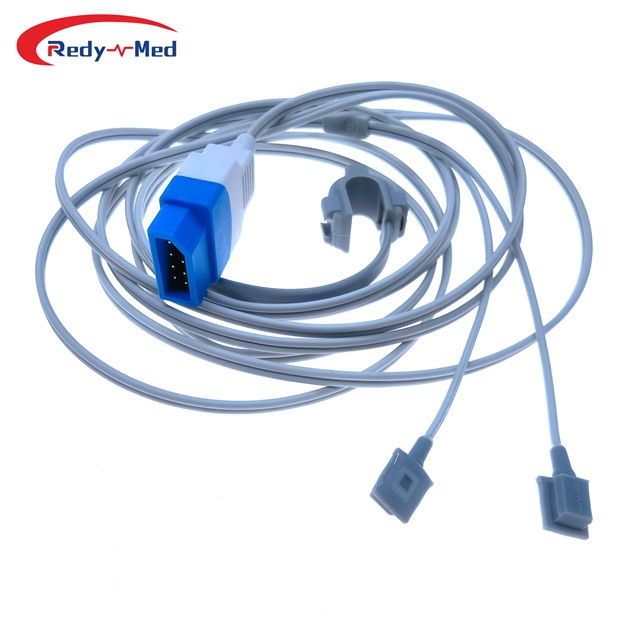
What is an SpO2 sensor and how does it work?
2024-03-21 00:04:28
A Comparative Analysis: Evaluation and Working Principles of SpO2 Sensors

SpO2 sensor, also known as a pulse oximeter, is a vital medical device used to measure the oxygen saturation level in the blood. In this article, we will explore the intricacies of SpO2 sensors, including their technical specifications, working principles, and significance in healthcare.
1. What is an SpO2 Sensor?
An SpO2 sensor is a non-invasive medical device that measures the oxygen saturation levels in arterial blood. It is a crucial tool used in various healthcare settings, including hospitals, clinics, and homes. The sensor consists of a light emitter and a photodetector, which help determine the percentage of oxygen saturation in the blood.
2. How Does an SpO2 Sensor Work?
An SpO2 sensor employs a process known as pulse oximetry to measure oxygen saturation levels. It emits two different wavelengths of light, typically red and infrared, through a patient's skin. The sensor then determines the amount of light absorption, allowing it to calculate the oxygen saturation level based on oxygenated and deoxygenated hemoglobin in the blood.
3. Technical Specifications of SpO2 Sensors
SpO2 sensors come in various types and models, each with its own technical specifications. The key specifications to consider include accuracy, response time, power consumption, and compatibility with different patient groups. The accuracy of the sensor is vital, as it impacts the reliability of the oxygen saturation readings.
4. Importance of SpO2 Sensors in Healthcare
SpO2 sensors play a critical role in healthcare, especially in monitoring patients with respiratory or cardiovascular conditions. They are widely used during surgeries, intensive care treatments, and in sleep laboratories to assess the adequacy of breathing and oxygen levels. SpO2 sensors enable timely interventions and help prevent hypoxemia-related complications.
5. Considerations for Using SpO2 Sensors
While SpO2 sensors are highly valuable tools, several considerations must be taken into account when using them. Factors to consider include correct sensor placement, patient movement, ambient light interference, and sensor hygiene. Ensuring proper usage and maintenance of SpO2 sensors enhances accuracy and reliability.
Conclusion
SpO2 sensors are indispensable devices used in healthcare for monitoring oxygen saturation levels. By employing pulse oximetry, these sensors provide critical information that aids healthcare professionals in making well-informed decisions. Their technical specifications, working principles, and significance highlight their crucial role in ensuring patient safety and optimal care.
Get the latest price? We'll respond as soon as possible(within 12 hours)




